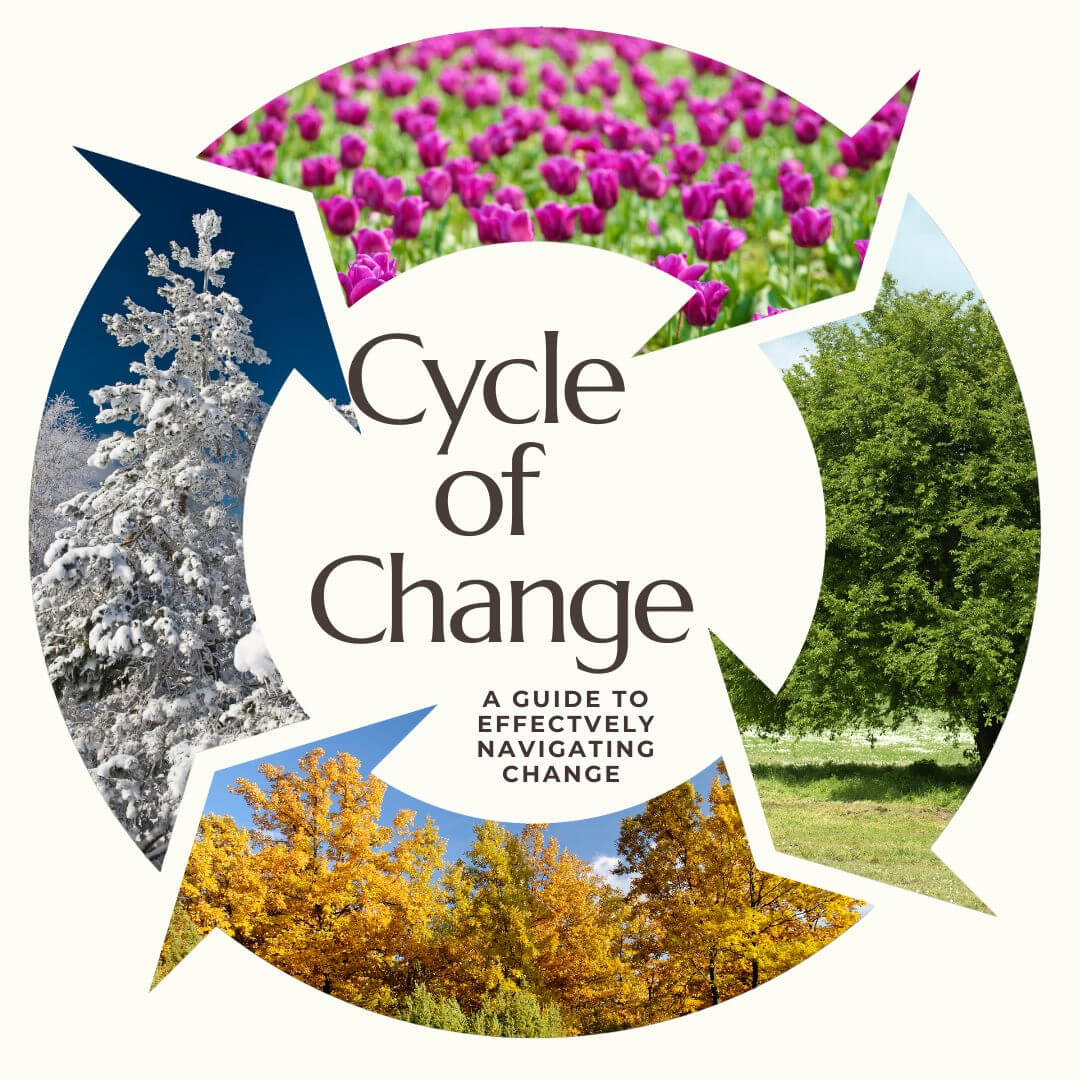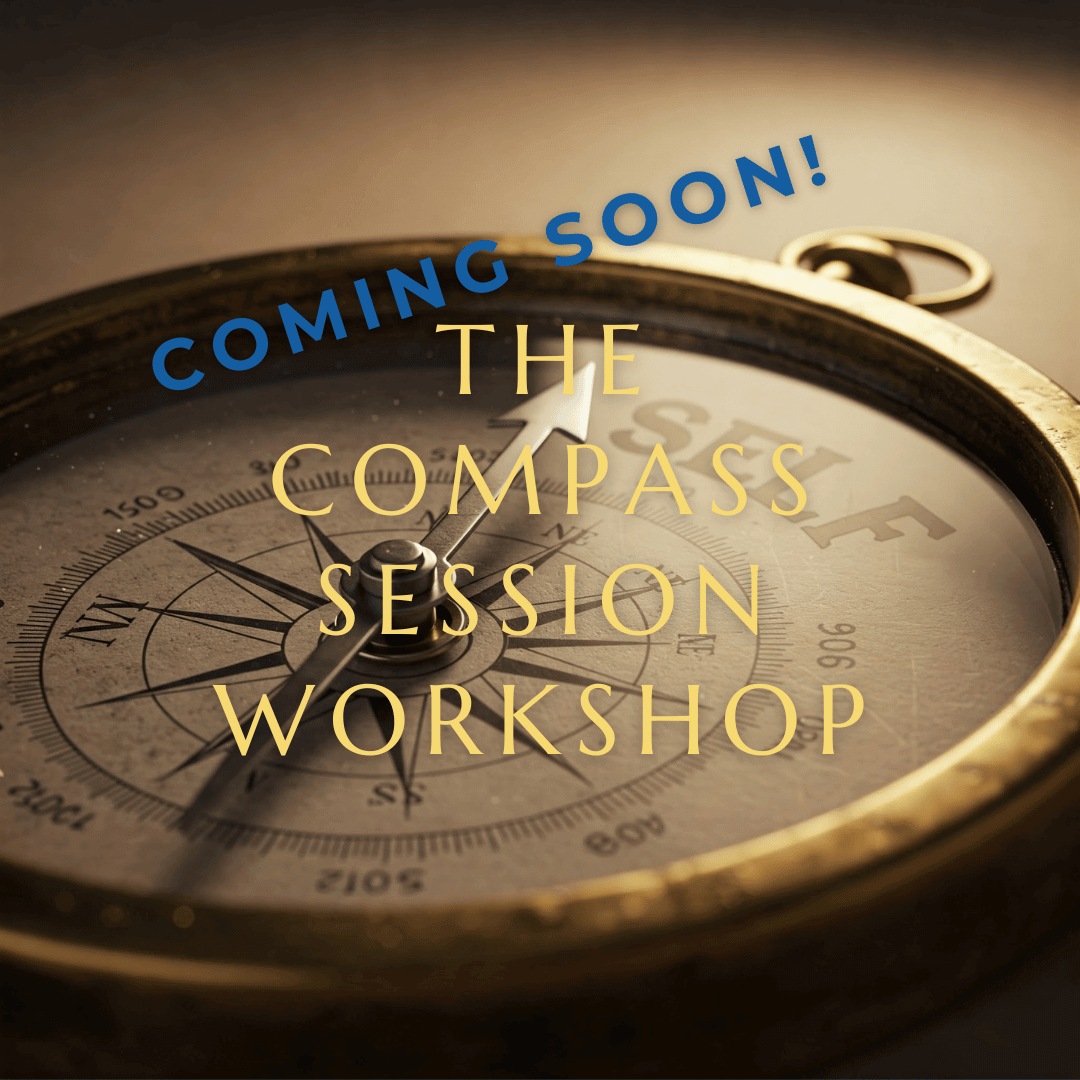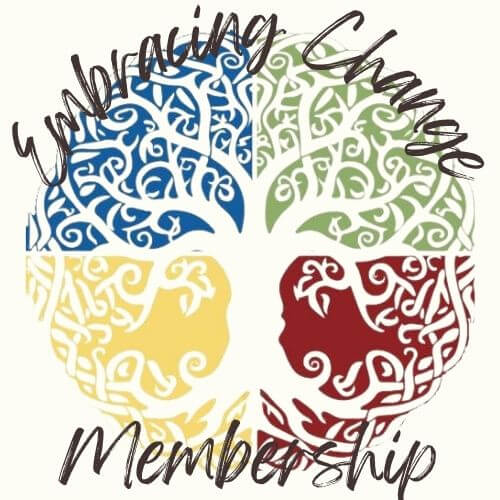
Navigating Midlife with Resilience and Joy
How Focusing on Physical, Mental, and Emotional Wellness Can Transform Your Midlife Experience
Midlife is a change. It’s a lot of changes, in a lot of different areas of your life, all at once.
Your health and wellness is one of those areas. Whether it’s your physical, mental, or emotional well-being, it’s more than likely that you are starting to experience some of those changes.
Tell me if any of these are familiar to you:
- Have you noticed changes in your energy levels, your ability to do what you’ve always done, or even how your body feels overall? You are not alone. These are very common statements in midlife.
- Are you feeling more stressed and overwhelmed, and as if you’re being pulled in too many directions? That’s normal too and we can work through them.
- Have you been struggling with why you have feelings of sadness, frustration, or even grief, related to changes in your life or relationships? And yet, you believe you have a good life. These are so usual that they have a name for it. They’re called concurrent feelings, and everyone has them, especially when dealing with change.
These are all common, normal, and relatable experiences. But knowing that others are experiencing the same things doesn’t actually help you, does it?
Here’s the flip side of those struggles. You can make choices that help address what you’re experiencing and help you get b ack to living a life that’s more aligned with who you are. It’s about taking small, manageable steps towards a more fulfilling life. And trust me, you’ve got this.
ack to living a life that’s more aligned with who you are. It’s about taking small, manageable steps towards a more fulfilling life. And trust me, you’ve got this.
 ack to living a life that’s more aligned with who you are. It’s about taking small, manageable steps towards a more fulfilling life. And trust me, you’ve got this.
ack to living a life that’s more aligned with who you are. It’s about taking small, manageable steps towards a more fulfilling life. And trust me, you’ve got this.My goal is to briefly show you how midlife can impact your physical, mental and emotional well-being, and how focusing on these areas of wellness can help lead you to the more fulfilling midlife you’re searching for. This way, by the end of this time together, you will know if my content about midlife health and wellness might meet your needs and interests.
The first thing to understand about your health and wellness is that each area (physical, mental, and emotional) is interconnected with the other two areas. While we can, and will, examine the areas separately, it’s important for you to know that the impact or improvement of one area can affect the other two areas.
So, let’s do a quick hello to the category of health and wellness.
First up? Your physical health and wellness.
Your Body’s New Normal: Understanding Physical Shifts
One of the most common physical frustrations in midlife is the hormonal changes we go through.
🤔 Do you ever notice that some of the things that frustrate us the most are things that we have the least control over?
(No? Is that just me?) 😏😎
Our hormones are changing because we are getting older, not because of a decision we made, and these changes create mood swings, sleep disturbances, effects on our muscle mass, and potential impact on our libido. Talk about a ball of frustration.
These hormonal changes can make it more difficult to maintain our physical fitness. They trigger changes in our metabolism and body composition, which lead to weight gain. If we find it more difficult to maintain our physical fitness the risk of chronic diseases like heart disease, diabetes, and cancer increases.
So, we have hormonal changes, which are affecting our physical health, and creating issues with our mood and our sleep. Now, riddle me this:
- Is that memory issue because you’re tired or is it something more?
- Is it just a mild memory change and an increased difficulty with multitasking or is it something that you should talk to a doctor about?
Yeah. It’s a little scary.
No, we can’t always prevent the physical health issues that we end up having to deal with, but we do have the choice of how we choose to deal with them once they are here.
 I’m sure I’m not telling you anything you don’t already know. Proactively making healthy lifestyle choices can lead to a more fulfilling life because you can maintain physical vitality and reduce your risks of health issues.
I’m sure I’m not telling you anything you don’t already know. Proactively making healthy lifestyle choices can lead to a more fulfilling life because you can maintain physical vitality and reduce your risks of health issues. For instance:
- With regular exercise, balanced nutrition, and maintaining a healthy weight you can lower the risk of heart disease, diabetes, and certain cancers.
- Physical activity and proper nutrition can also improve energy levels and combat fatigue, making it easier to engage in daily activities, use cognitive functions, and even pursue the interests and hobbies that bring you enjoyment.
- By getting regular exercise and using stress management techniques you can improve your sleep quality, leading to better overall health and well-being physically, mentally, and emotionally.
And remember, the three areas of health and wellness are interconnected, so how do you think these hormonal changes might impact your mental and emotional well-being?
More Than Mood Swings: Navigating the Inner Landscape
Besides being impacted by your physical health, your mental health and wellness plays an important role in your overall well-being too. Midlife often brings increased responsibilities, such as career pressures, caring for aging parents, and supporting children. These can lead to chronic stress, impacting mental health, and chronic stress impacts your physical health as well as your emotional health.
These life stressors in combination with your shifting roles and hormonal changes can increase your risk of depression and anxiety. The short explanation is that your brain is impacted by your hormones, so if they change, your brain changes. Also, chronic stress impacts how your brain functions and it impacts your hormones, which we just said impact your brain.
And the frequency of shifting roles can cause midlife to be a time for more than usual self-reflection, leading us to questions about our life choices, accomplishments, and future goals. While this can be a source of stress as we grapple with our sense of identity, it can also be an opportunity for positive change if we choose to actively reconstruct that identity.
I have grouped mental and emotional wellness together for the purpose of this introduction, because of the three areas they are more closely entwined. If you’ve ever heard about behavior change, mindset shifts, or positive psychology then you’ve probably heard about the mental ➡️ emotional ➡️ physical (thought, feeling, action) chain.
more closely entwined. If you’ve ever heard about behavior change, mindset shifts, or positive psychology then you’ve probably heard about the mental ➡️ emotional ➡️ physical (thought, feeling, action) chain.
 more closely entwined. If you’ve ever heard about behavior change, mindset shifts, or positive psychology then you’ve probably heard about the mental ➡️ emotional ➡️ physical (thought, feeling, action) chain.
more closely entwined. If you’ve ever heard about behavior change, mindset shifts, or positive psychology then you’ve probably heard about the mental ➡️ emotional ➡️ physical (thought, feeling, action) chain. The introductory version is: you have a thought, you immediately feel a responding emotion based on that thought, and there is a resulting behavior (action or inaction) that follows. Mental and emotional are more closely entwined because the emotion that follows the thought is instantaneous, while the behavior (the physical) is more capable of being paused.
⭐ Important ⭐
This does not mean you are at the mercy of your emotions.
Major life transitions, like an empty nest, career shifts, or relationship changes can trigger a range of emotions, including grief, loss, or excitement. Some individual’s lack of emotional regulation may make it more challenging for them to manage their emotions, leading to increased irritability, frustration, or sadness. Developing healthy coping mechanisms and resilience is crucial for navigating midlife challenges and maintaining emotional well-being.
5 ways healthy coping mechanisms can benefit you:
- Regular exercise and mental stimulation can help maintain cognitive function and potentially reduce the risk of age-related cognitive decline.
- Achieving physical and mental health goals can boost self-esteem and confidence.
- Developing emotional regulation skills can help manage challenging emotions and navigate life transitions more effectively.
- Learning healthy coping strategies can help deal with stress, loss, and other emotional challenges.
- Prioritizing emotional well-being can lead to greater life satisfaction and a sense of purpose.
Why is it Important to Focus on These 3 Areas?
 Because physical, mental, and emotional well-being are interconnected. When one area is neglected, it can negatively impact the others. Think about it: if you're physically unwell, it can affect your mood and mental clarity. Similarly, if you're mentally stressed, it can take a toll on your physical health and emotional stability.
Because physical, mental, and emotional well-being are interconnected. When one area is neglected, it can negatively impact the others. Think about it: if you're physically unwell, it can affect your mood and mental clarity. Similarly, if you're mentally stressed, it can take a toll on your physical health and emotional stability.By focusing on these areas, you can prevent or delay the onset of chronic diseases and mental health conditions, significantly improving your quality of life during midlife and beyond. Investing in these areas during midlife can have long-term benefits for your overall health and longevity. Ultimately, improving physical health, mental well-being, and emotional resilience, increases your overall life satisfaction.
You've learned how midlife impacts your health and wellness. Importantly, focusing on these areas paves the way for a more fulfilling and vibrant midlife experience.
If I've met my goal of showing you how to transform your midlife by focusing on your health and wellness, then you know you're in the right place.
Midlife is not an ending; it’s a new beginning. By understanding the changes and taking proactive steps to support your well-being, you can make this chapter as fantastic as any of your others.
Ready to learn more?
Until next time, take care of you and yours,

I’m so glad you spent a few minutes here with me today. If this sparked a thought or a seed of an idea you're sitting with, pull up a chair and leave a comment below. I’d love to keep the conversation going!
And remember, you don't have to navigate these changes alone. You can find more science-backed strategies and soulful reflections at the Life Transition Resource Center. Let’s find your calm in the chaos together.
















0 Comments